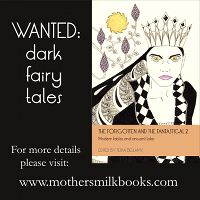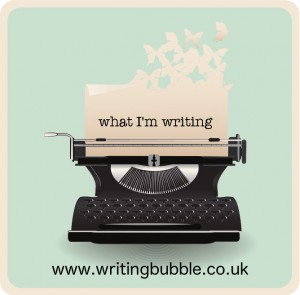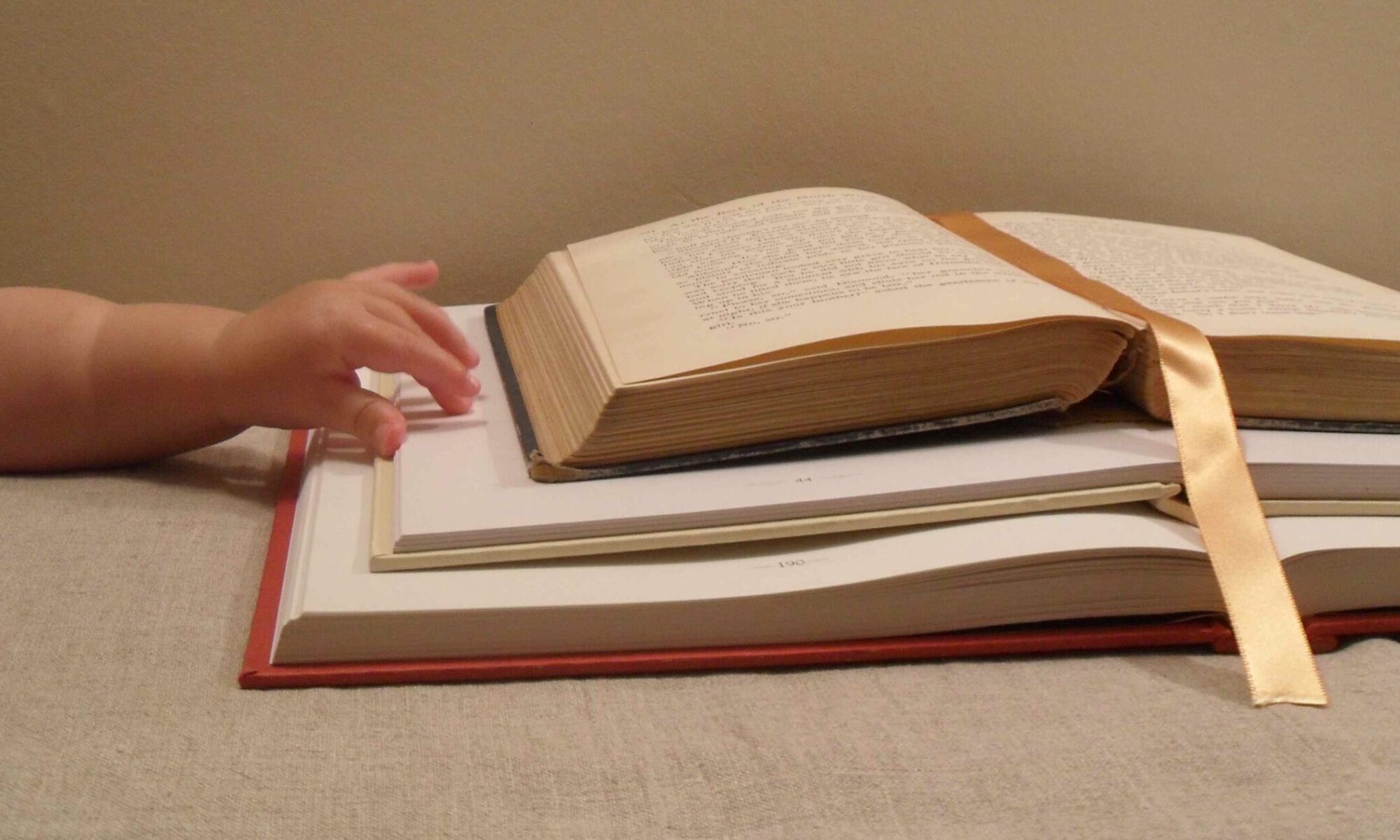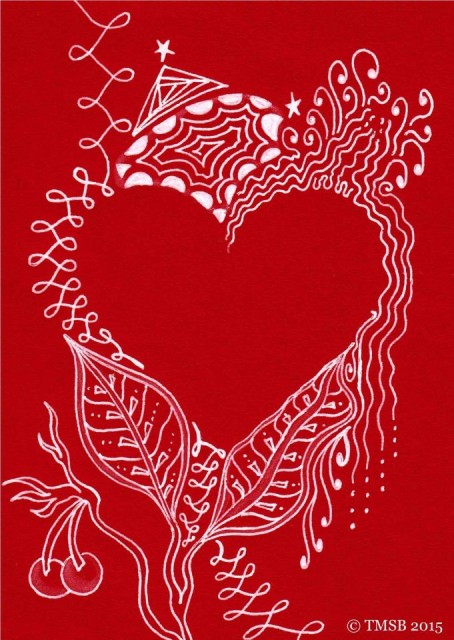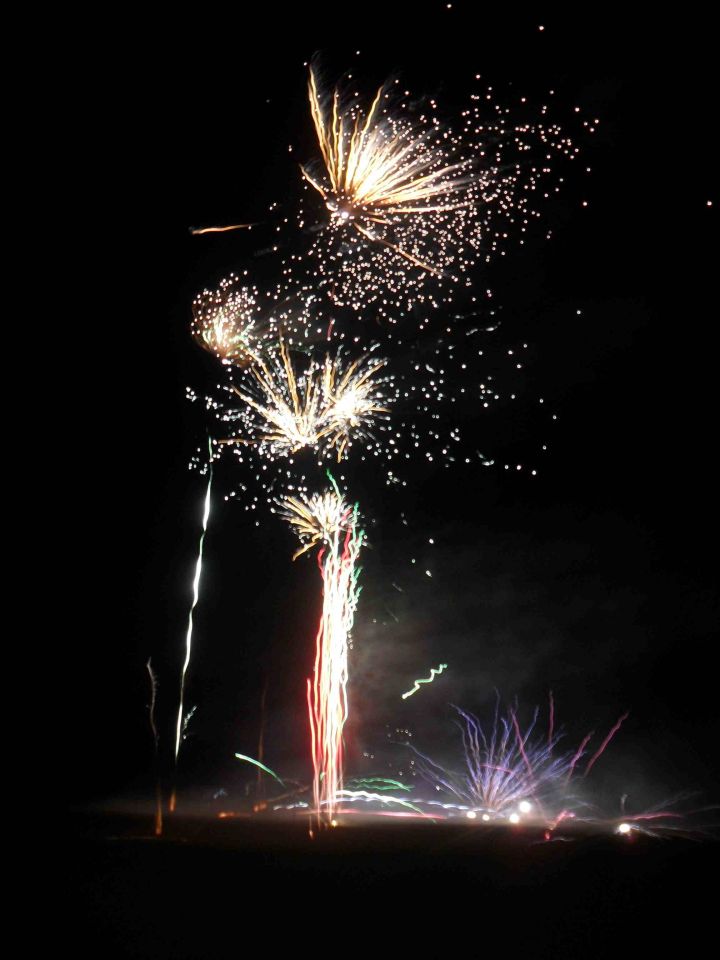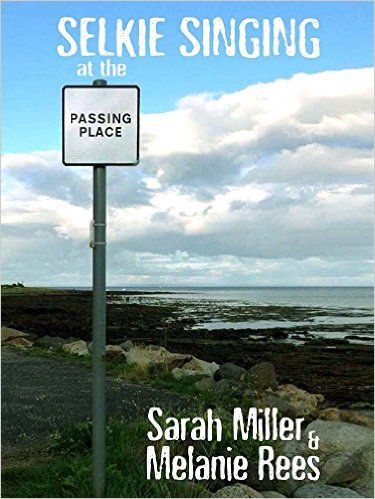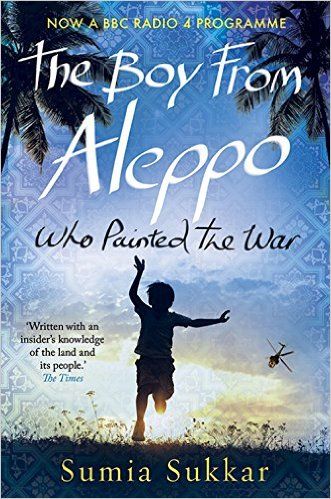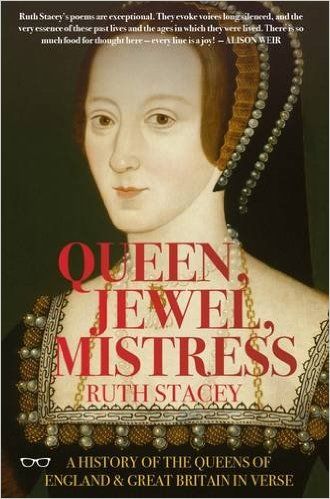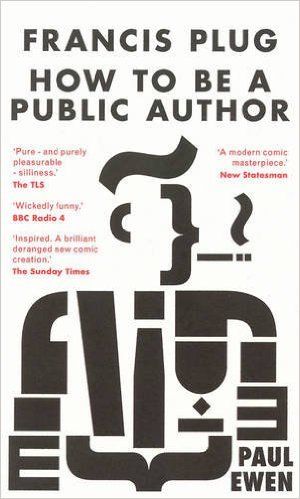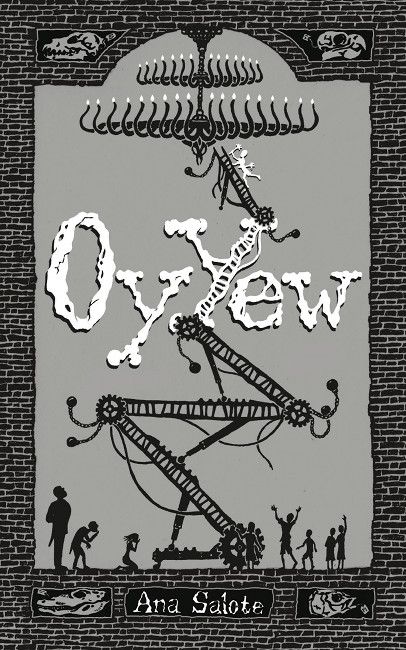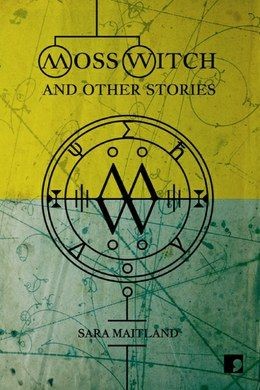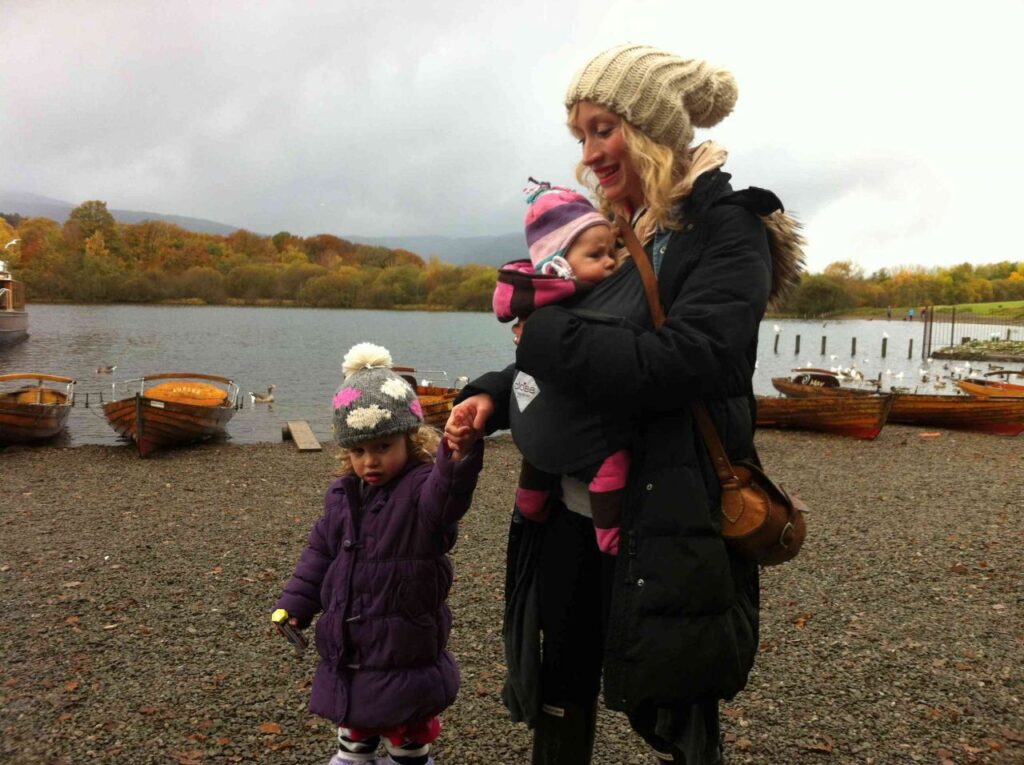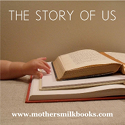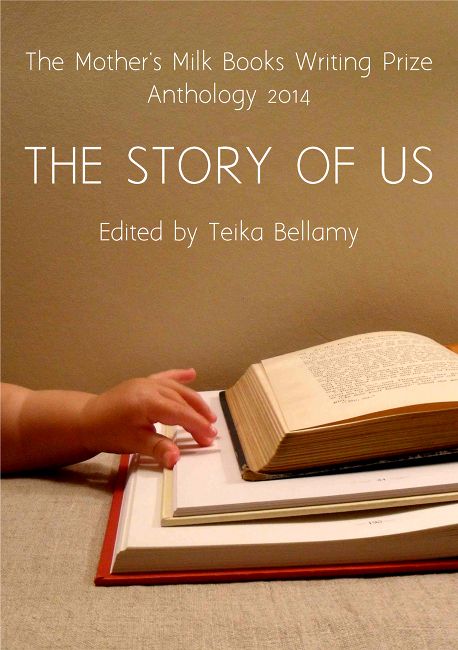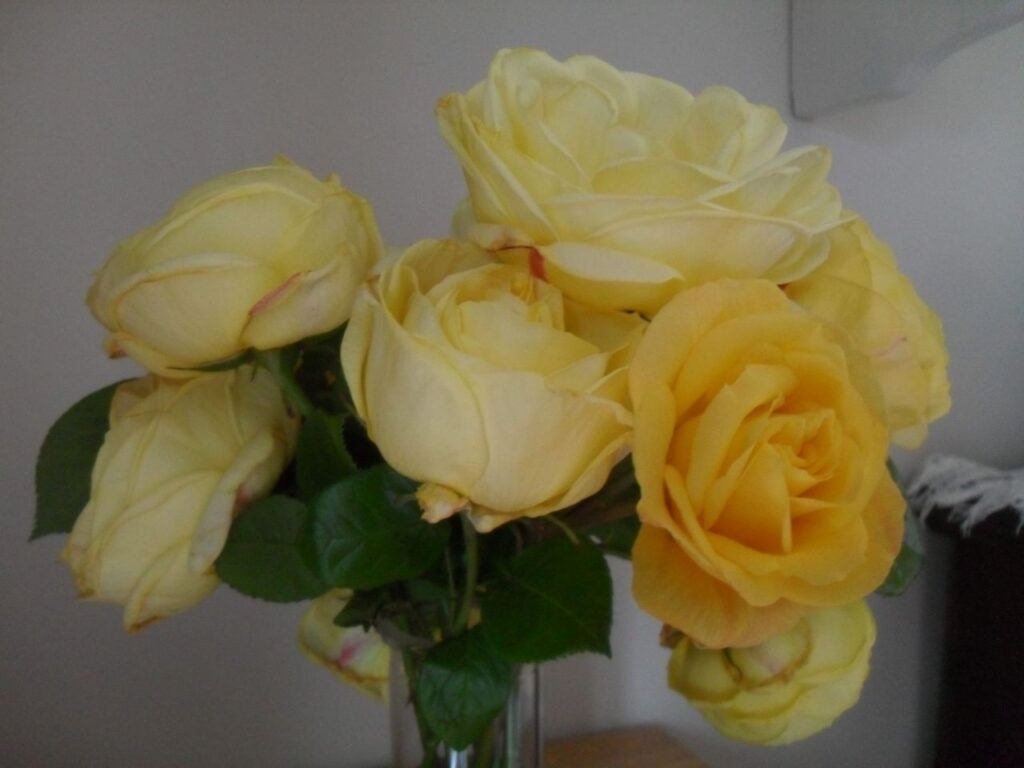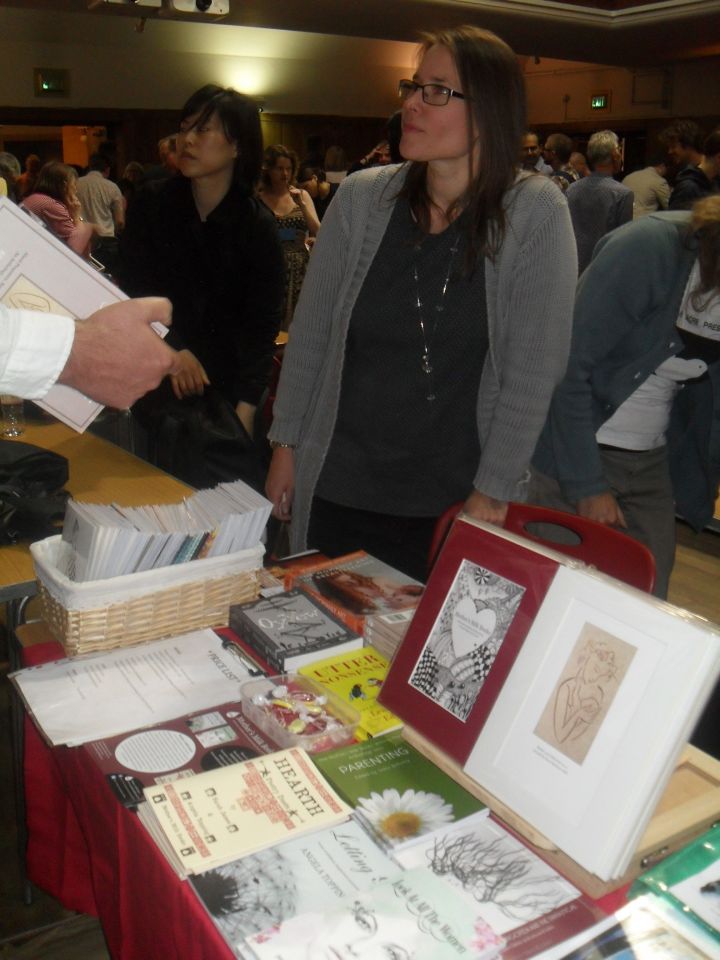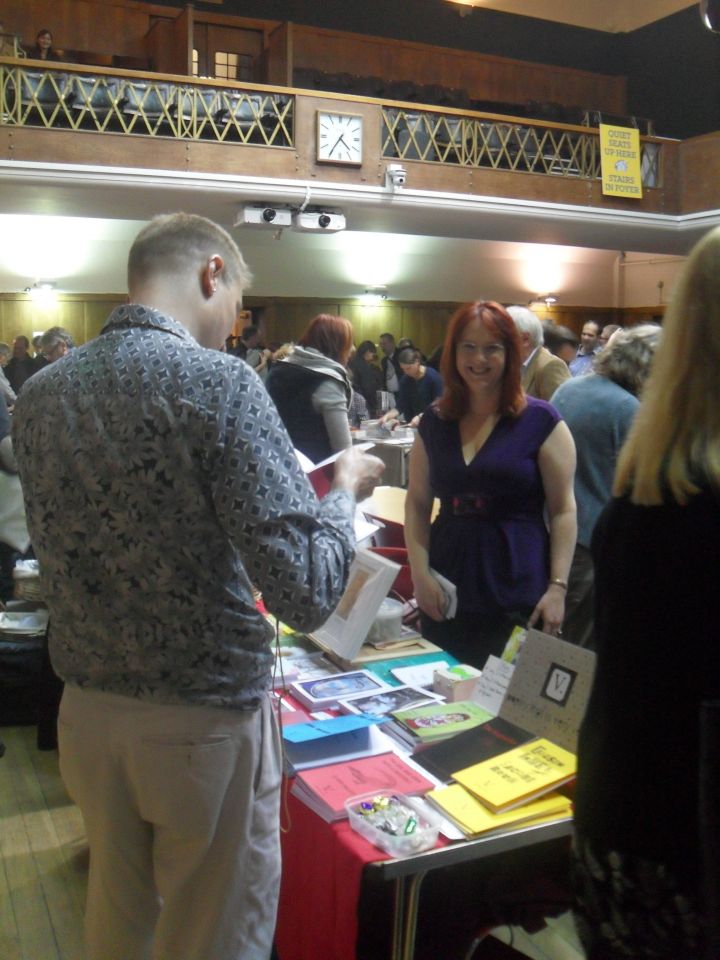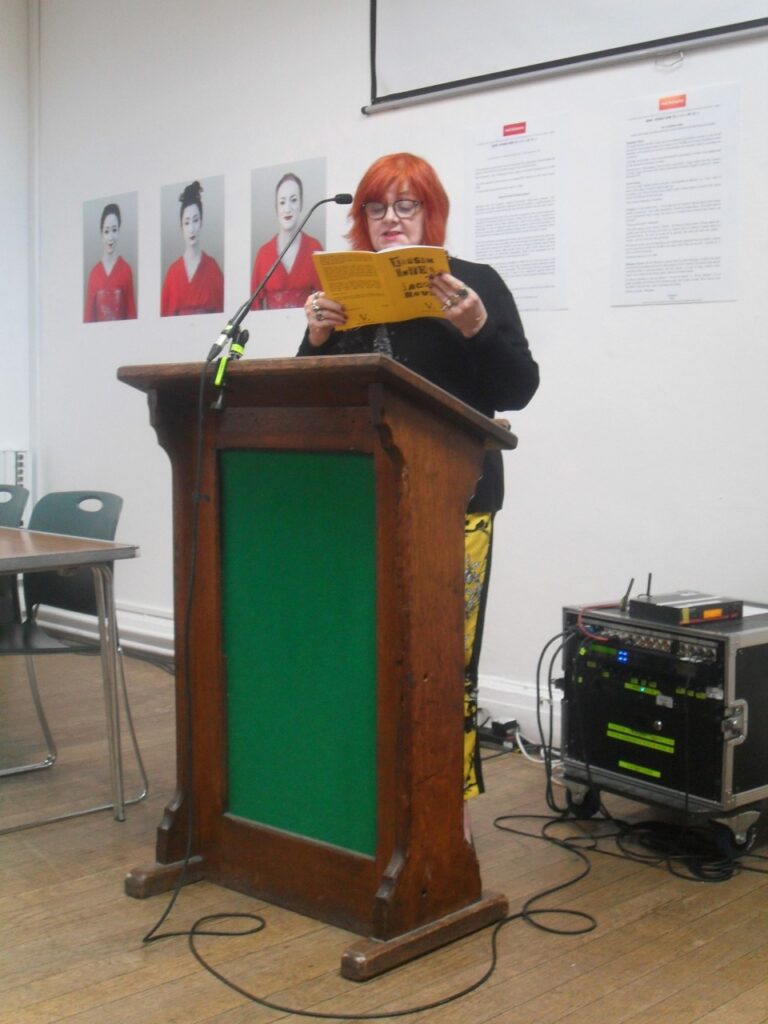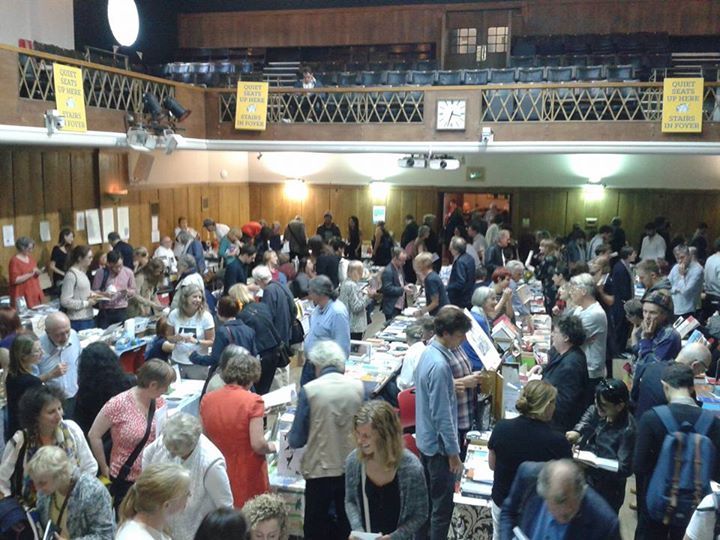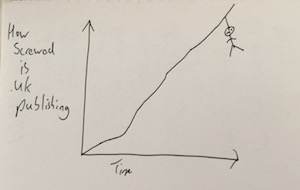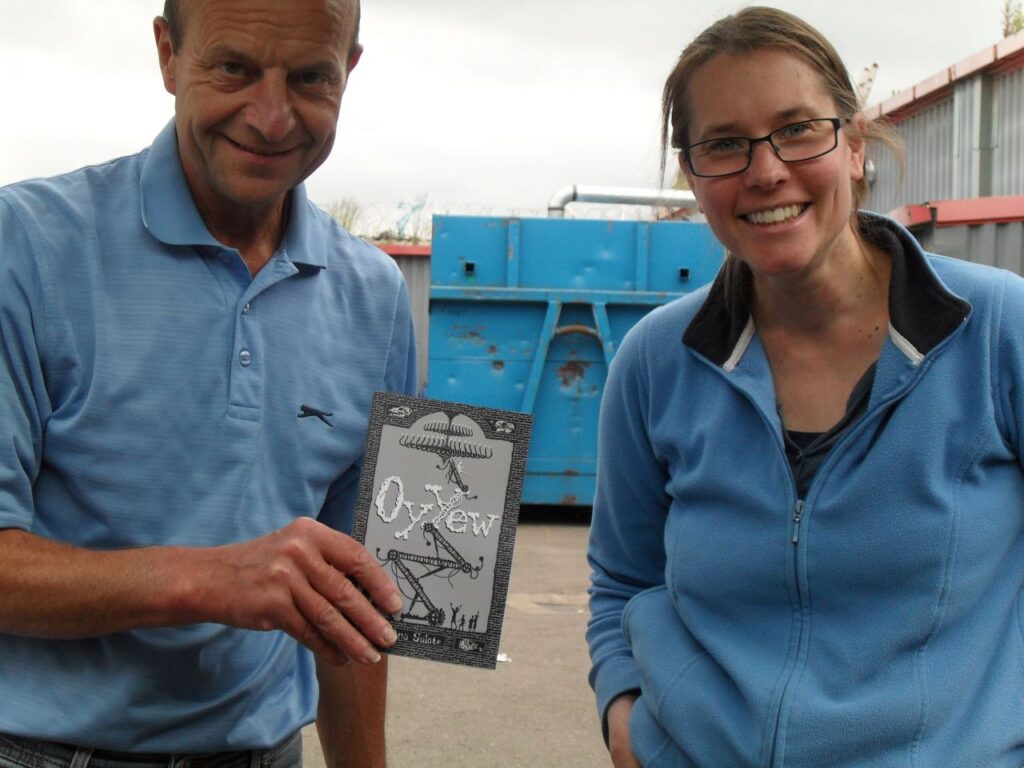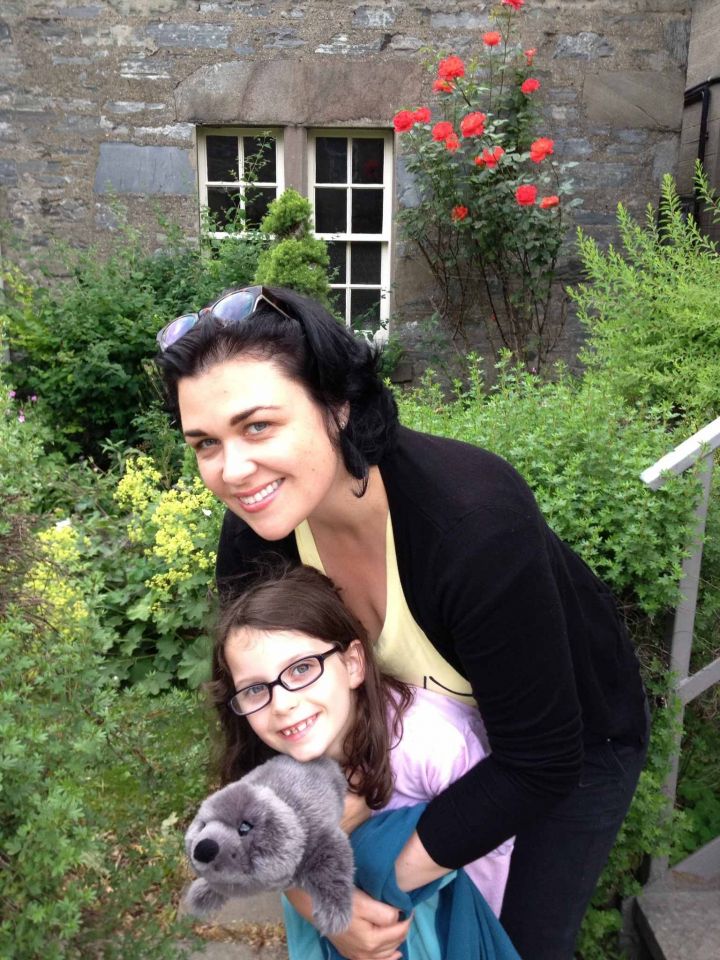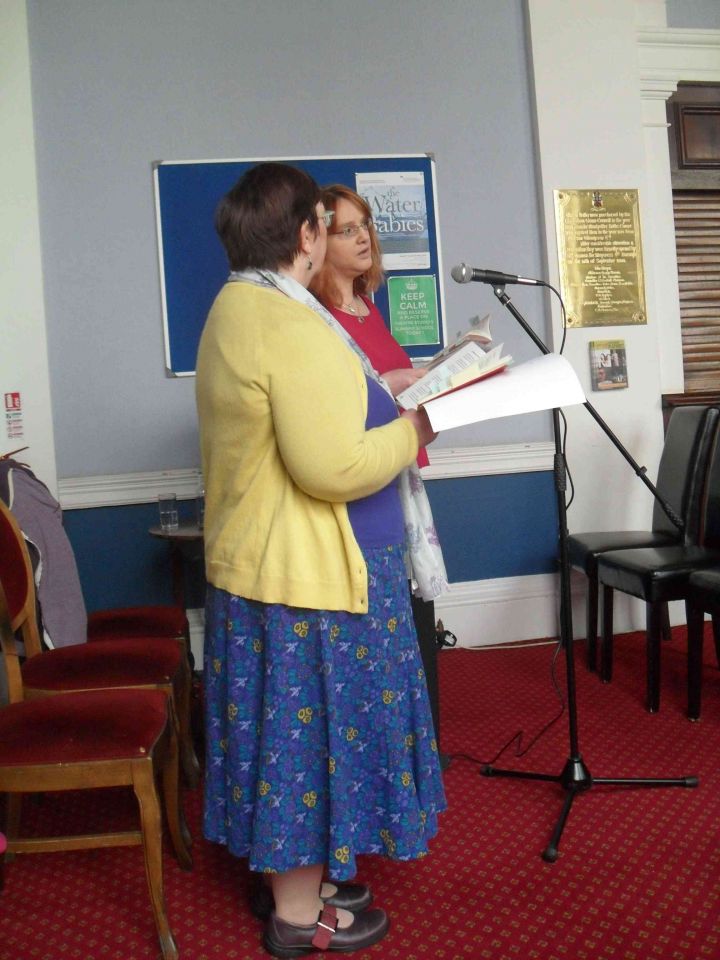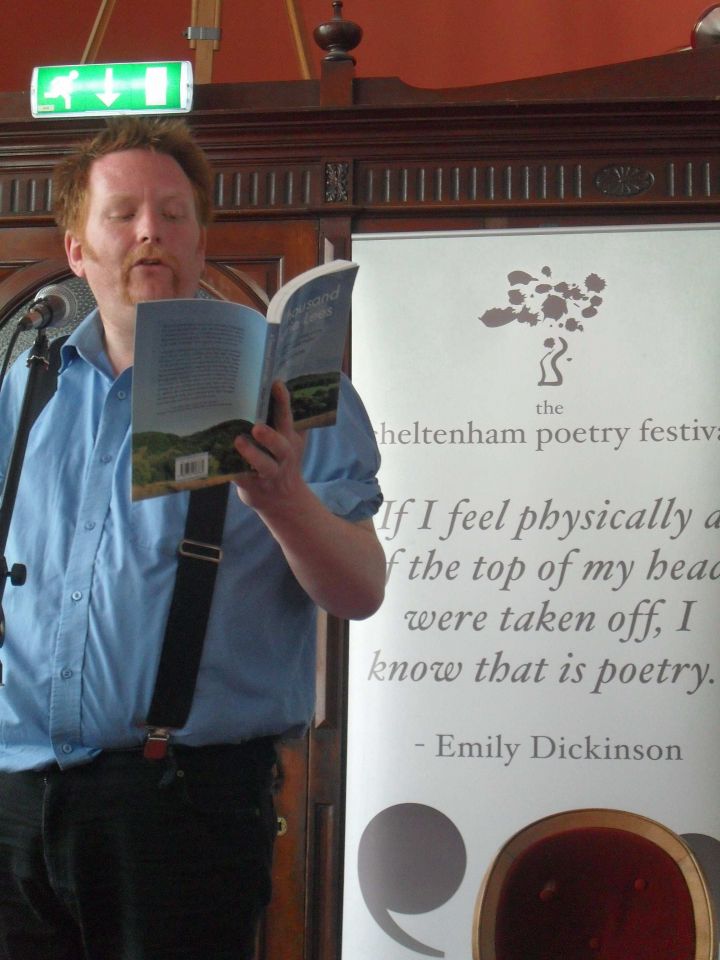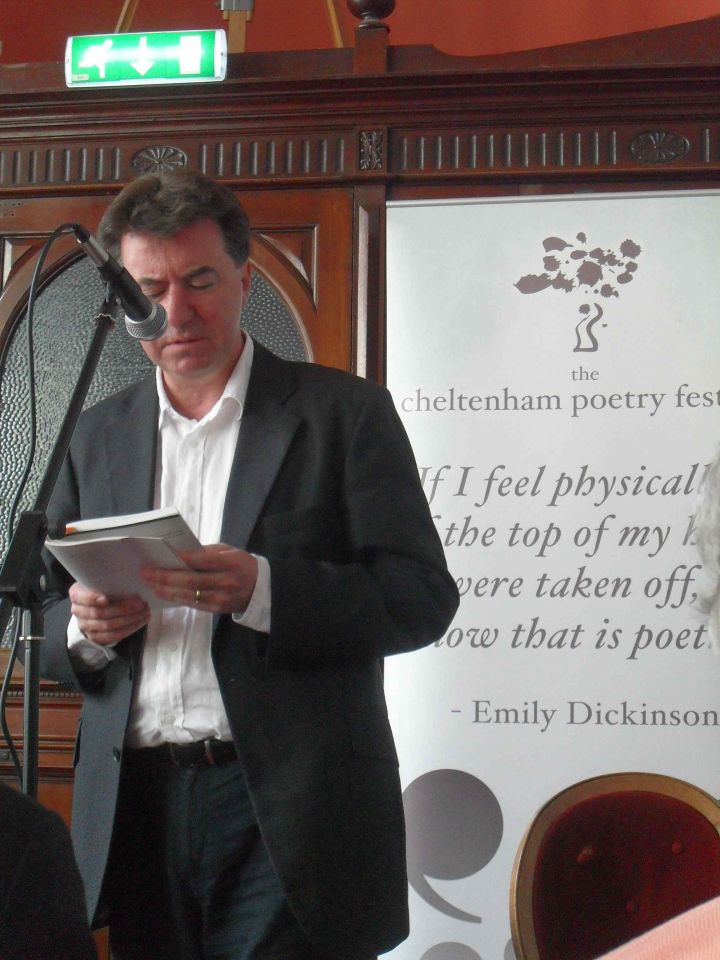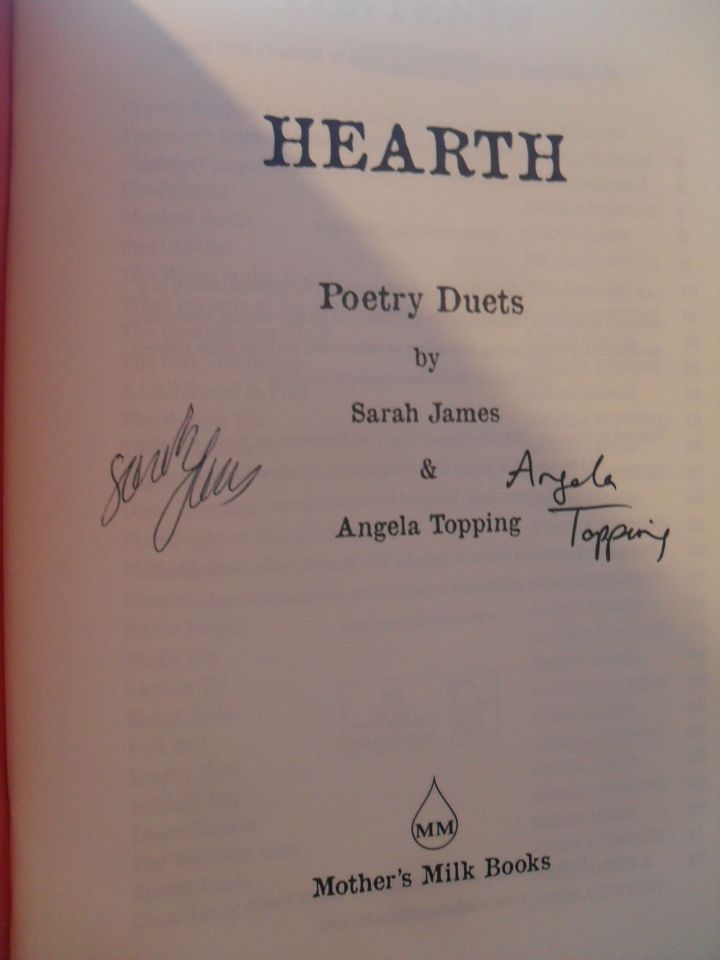
Last year I received 60 submissions for The Forgotten and the Fantastical 2 and I want to write about what the selection process was like.
First, a brief breakdown of the submissions.
Out of the 60 submissions sent to me:
10 writers didn’t read the guidelines and didn’t send in an accompanying invoice number with their submission (i.e. they didn’t buy or read the first in the series: The Forgotten and the Fantastical). I responded politely to them, suggesting they re-read the guidelines and buy a book. I don’t believe they did.
Which left me with 50 actual qualifying submissions which I will further break down into genre (I made up these categorisations by the way – they’re probably not the most elegant way to sort stories but still, they give me a rough guide. And on another note, I realize that some of these categories overlap too and the stories don’t always sit neatly in the categories. That’s all right – that’s in the nature of stories.):
UF (urban fantasy, i.e. a key element of the story was the urban/suburban milieu)
FTL (new, original story, fairy tale-like i.e. set in the world of the Grimms)
TTR (traditional tale retold in another setting/time)
SF (science-fiction)
WF (world folk or fantasy i.e. set outside Europe)
LF (literary or literary fantasy/magical realism)
UF (5)
FTL (22)
TTR (13)
SF (3)
WF (3)
L (4)
I would also like to point out that out of the 50 submissions only 2 were from men. And… there were only a handful of stories submitted by BAME women writers (I would certainly welcome more submissions from BAME writers).
So by far the most common ‘type’ of story I was sent was by writers trying to write a completely original tale. Which is interesting because I believe it is ONE OF THE HARDEST THINGS TO SUCCESSFULLY ACCOMPLISH!
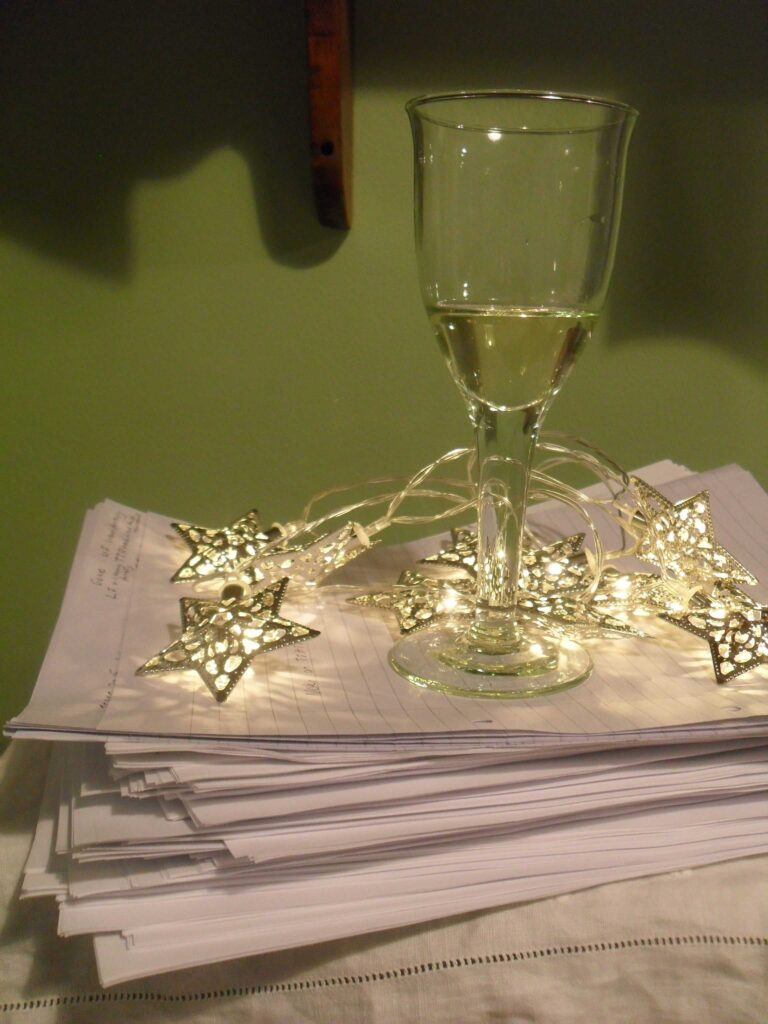
Now 50 doesn’t seem to be too much of a reading pile. However, look at it from my point of view. There is no time assigned to reading during my work day (which is now officially 6 hours per day when my children are at school). I’m too busy dealing with the other books I’m publishing (and selling) and all the other aspects of running a small press (please remember too, that I am doing all of this voluntarily – the press does not bring in enough money to pay me for my labour). So I read in snatched moments – when I’m eating my lunch, or sat waiting in my car in a car park, or (dare I mention it?) on the loo when I want to escape the noise of the telly in the late afternoon when my children come home and I’m on snack, cuddles and dispute negotiator standby.
I realize that there is a ‘slush pile reading mindset’ (i.e. I need to get this job done, and the quicker the better) and a ‘general reading/reading for pleasure mindset’. The latter is definitely more accommodating of errors, more open and more enthusiastic. The former looks at the task, well, like a task, and I was certainly aware that reading fatigue set in after I’d been reading stories for a fair while. Now, I wish this wasn’t the situation. I wish I could come to each story fresh and open, but by the nature of it being a task I cannot. Don’t get me wrong, I’m still incredibly excited when I begin to read each story, thinking This could be the one! but experience soon told me that this particular response would be in the minority. So… quite honestly, I am reading each story with a view to what is wrong with it and why I should reject it (because I know I have more in the pile than I can possibly publish).
So let me look at some of the reasons for what makes a story The one! and why I may reject a story. (And writers, please, please, please, don’t take a rejection of your story personally. The problem is numbers/volume. There are a lot of good writers and a lot of good writing around. My job is to take the best of the best [in my opinion, which is subjective, after all] and to turn it into a good, well-rounded book with a variety of stories that I think A LOT of people will want to buy and read. Because if no one wants to actually buy the book, well, the press will not survive and keep on publishing more writing.) So let’s get back to some of those things I’m looking for:
1) A strong beginning paragraph which somehow sums up the conflict and entices us in so that we want to know more about that conflict. Some of the writers who submitted stories took a couple of pages to describe the milieu and the main character’s day-to-day life before the action took place, by which time I wasn’t so interested in what the action would be. So a strong beginning gets me hooked. (I’m not saying that I don’t have the patience for a novel that takes a few pages, or even chapters, to get going, but the nature of short stories is that they’re short, so the conflict must be quickly set up.)
‘Twice my brother has lived in a cage.’
(the first line from ‘Hansel’s Trouble’ by Lindsey Watkins)
So I’m thinking, A cage? What kind of cage? And twice? Does he get out? What happened to him? I would certainly like to know more.
And what about this?
‘When Dr Yelena Ivanovna Belova first opened the door to the young woman she did not notice the bruises on either side of the woman’s neck.’
(first line from ‘Little Lost Soul’ by Marija Smits)
Are you interested in the bruises? Want to know how they got there? I’d like to think the reader would like to know more and read on…
And Julie Pemberton’s opening paragraph to her story ‘Bear, Hare and Ptarmigan’ is a perfect example of setting up a conflict (and an apparently insoluble situation) but making the reader want to know more.
2) An action-filled middle with a cohesive plot, believable characters and well-described milieu. Now, if you’re writing a TTR (traditional tale re-told) creating the milieu is a doddle. The Grimms have got it all sorted for you; likewise with the characters, they’re sorted (the characters in traditional fairy tales don’t have particular depth, but that’s because the storyteller wants you to focus on the plot, or the moral of the tale). Again, with a TTR, the plot is sorted for you. So a TTR is surely easy to write, right? Think again. I’m not going to be particularly interested in a virtually identical copy of a traditional tale. But what if you were to somehow twist the plot, to get me looking at it from another angle? And what if you manage to somehow get breastfeeding, or mothering, or the difficulties of creativity into the tale? Well, Rebecca Ann Smith and Becky Tipper did just that with the source tale, ‘Rumpelstiltskin’, and I love those authors’ stories very much. I did wonder if I should include two stories from the same source material, but as they were really very different (in theme, plot, voice and milieu) I was sure that they should both go in. And placing them at the ends of the book, I felt, gave them the space to be appreciated. (Although I realize that some readers may feel this doesn’t work, but ultimately, compiling a book is very much a subjective task!)
Another writer who successfully took a traditional tale (The Lambton Worm) and retold it, was Sarah Hindmarsh with her story, ‘The Worm’. The worm in her story was no longer a 2D stereotype, all vileness and aggression, but instead it was a much more rounded character. And Sarah’s story had a much better ending than the original, to my mind. When I read Sarah’s story, I really felt the writer understood animals, and could empathise with them – something that was borne out when I learnt more about Sarah being the owner of several animals!
And now to some plots of stories that just didn’t work for me. There were 5 stories submitted where the twist was about the heroine’s sexuality. Even in a batch of 50, having 10% of the stories with, essentially, the same twist meant that (to my mind) the twist wouldn’t surprise the reader. I suspect that having read Lindsey Watkins’ gorgeously-written story, ‘Little Red Riding Hood’ in The Forgotten and the Fantastical, these writers wanted to write something on the same lines. Yes, sexuality is a theme in Lindsey’s story, but it is not the only vital theme. (Lindsey also happens to write in a rich, evocative style, which is very, very difficult to master.) And speaking of styles, the more I read Nathan Ramsden’s ‘Icarus’ the more I was impressed by the depth and mastery of the language he used. (I believe Nathan has a M.A. in medieval literature – it shows!) I would categorise ‘Icarus’ a ‘literary’ story (with an influence of myth). Nathan’s plot was compelling, taking from well-known source material, but again, he turned it into something very much his own. So… when it comes to plot I would suggest considering Orson Scott Card’s tip: reject the first idea that comes to mind. Because if it is the first idea to mind, it is very much likely to be a cliche, or unoriginal. So keep thinking, keep searching for that original, inventive plot.
Elizabeth Hopkinson is also another writer who can vividly conjure up images, with rich, gorgeous prose. Her story, ‘Reve/Revival’ was one of the first stories I read, and when I came to the end of it I just knew it had to be in the book. Reading Elizabeth’s story I very much had a This is the one! experience, as I did with Deborah Osborne’s story, ‘Solstice’ which is beautifully written and vivid, and left me smiling at the end with admiration.
Anuradha Gupta’s writing also captured me from the very first, AND, she sustained the rhythmical (almost poetical) writing throughout her whole story, ‘The Jungle Goddess’. I loved its milieu and the rhythm in the writing and, again, it was a story that I knew that I wanted to publish right from the very start.
Imagery is also very important when it comes to short stories, particularly fairy tales, and the Chamber of Mirrors in ‘Mirror Mirror’ by Laura Kayne, with the idea of the princess looking at her strange ‘double’ in the mirror created a strong emotional response in me. ‘Lilasette’ by Ronne Randall, also conjured some very powerful images in my head, such that the dark queen, with her eyes of onyx, took root and inspired me to create an image of her (which ended up gracing the cover). So thanks very much to Ronne for managing to do that! ‘Fox Fires’ by Jane Wright also had some beautiful and heart-rending imagery within, and I hope you’ll agree that Emma Howitt’s illustration to accompany Jane’s story is absolutely spot-on. Jane managed to tell a sad story without it becoming overly sentimental, again, something that is very hard to do. It requires restraint and an eye for pared-back, simple language (again, something that is very difficult to successfully do).
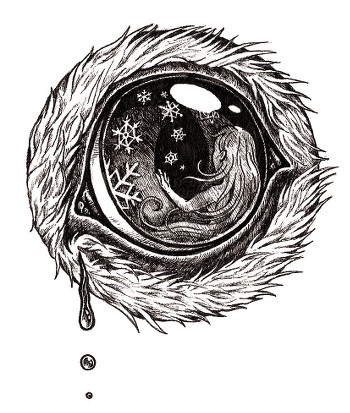
‘How Women Came to Love Mirrors’ by Hannah Malhotra had an utterly, fabulous premise, which, I thought, worked beautifully. (It also happens to be my husband’s favourite story in the book!) And what I liked about Finola Scott’s story ‘Paths of Desire’ was that there were older female characters in the story, and their presence gave the story real depth and an another aspect to femininity, which helped to enhance the book as a whole.
Now, on to my last point about characters… fairies. Over the years I’ve read plenty of tales with fairies who are twee and ridiculously glittery and ‘girly’, so I’ve come to the conclusion that stories about actual fairies aren’t high up on my wish list. Even a whiff of kitschy twee and I’m put off, so when Ana Salote sent me her story ‘Grimm Reality’ I read it with a certain amount of trepidation. However, this being Ana (of Oy Yew fame) I needn’t have worried. Yes, there was a tiny bit of sparkle on the fairy’s outfit but, the story was also quirky and funny, and set in an urban milieu (The Elephant and Castle, for goodness sake!) and actually, it was about capitalism, marketing and self-image in an image-obsessed world. So if you’re going to send me a story with fairies in it, cut the glitter and think Jonathan Strange and Mr Norrel by Susanna Clarke, think The Spider’s Bride by Debbie Gallagher and you should be all right. (Oh, and you also can’t go wrong by reading Ana’s story and comparing it with Elizabeth Hopkinson’s deliciously baroque take on fairies too…)
3) Now to endings. I’m looking for stories where at the end, I, as the reader, feel satisfied (although it may not particularly be a happy ending). All loose ends have been tied up, but there’s still enough ‘give’ in the ending such that I can still think of the characters and what they might do in the future. Oh, and if you can happen to cause a tear to well in my eye, better still. Rachel Rivett, who wrote ‘Seal Woman’ manages this every time with her final line:
‘My seal child. My soul child. My love.’
Enough said! And if you’re still willing to send me your stories, even with the whole loo admission thing earlier on I will very gladly welcome them.
And a final tip. Read the guidelines. Read the book. Buy the book. Read this blog post. Follow the guidelines. Send me a well-rounded, complete and compelling short story/fairy tale. Not the first chapter of what could be an intriguing novel. Not a stretched-thin piece of flash fiction. And don’t send me a PDF. Or work that has been previously published. Sending chocolates won’t help, but they will make me happy (and fat).
The guidelines can be found here: https://mothersmilkbooks.com/index.php/submissions
